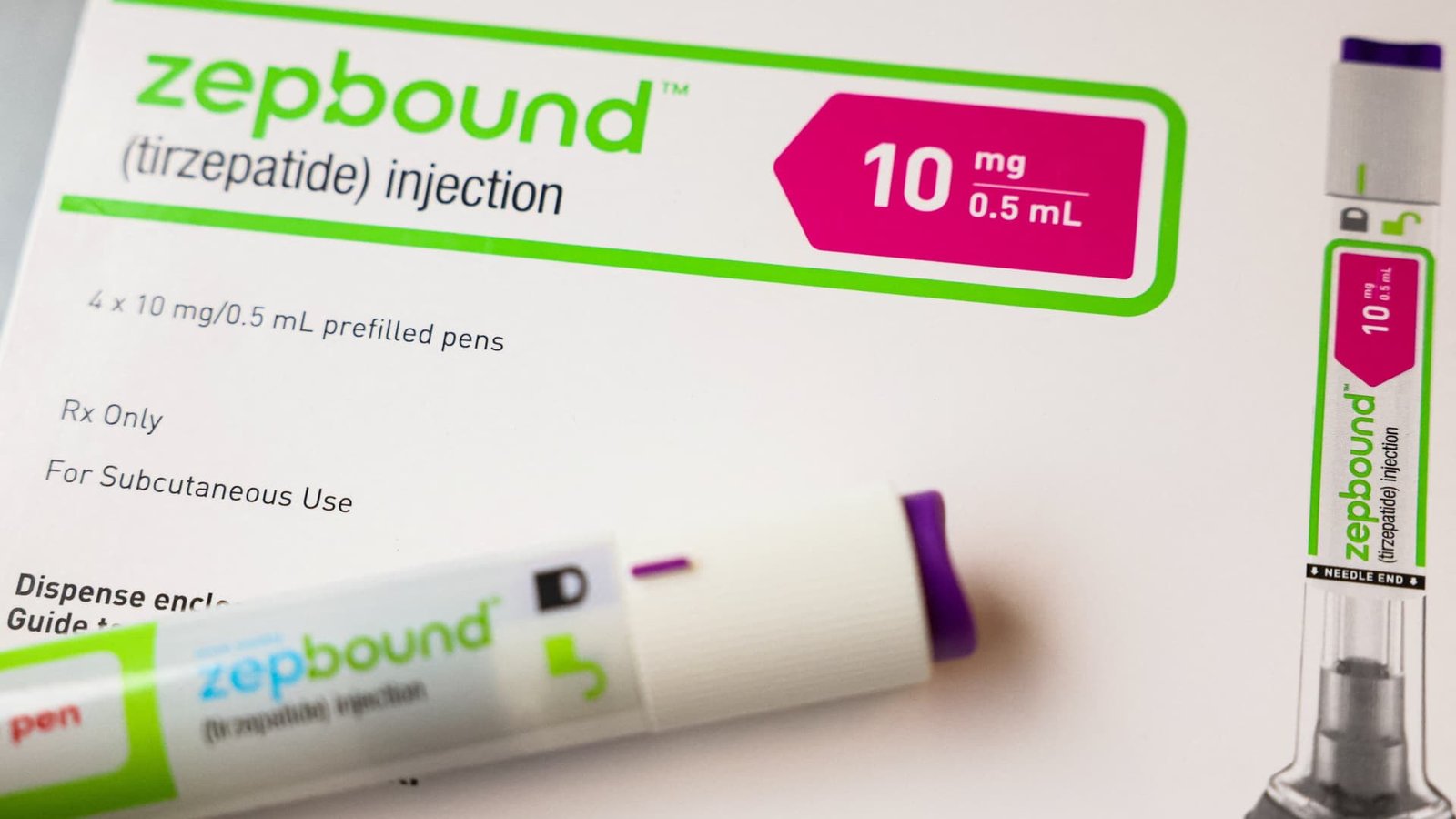In this article, the Food and Drug Administration announced that the shortage of tirzepatide injection products, the active ingredient in Eli Lilly’s weight loss drug Zepbound, has been resolved. This decision will prevent compounding pharmacies from producing cheaper, unbranded versions of the injection. The FDA stated that pharmacies must cease making compounded versions of tirzepatide within the next 60 to 90 days, depending on the type of facility, to allow patients time to transition to the branded version.
Compounding pharmacies have been providing copycat drugs to patients who lack insurance coverage for Zepbound due to its high cost of around $1,000 per month. The FDA’s decision follows a legal dispute between compounding pharmacies and the agency over the shortage of tirzepatide. Eli Lilly has been working to increase its manufacturing capacity for tirzepatide to meet the growing demand.
A trade organization representing compounding pharmacies sued the FDA over its decision to remove tirzepatide from the official drug shortages list, alleging that the FDA favored Eli Lilly at the expense of patients. The FDA agreed to reevaluate its decision, allowing compounding pharmacies to continue producing copycat versions while the review was ongoing.
Compounded medications are custom-made alternatives to branded drugs tailored to individual patient needs. The FDA does not assess the safety and efficacy of compounded products but inspects some outsourcing facilities that compound drugs. Patients have turned to compounded versions of tirzepatide due to intermittent shortages of the branded drugs, which are expensive and often not covered by health plans.
The FDA recently confirmed the availability of all doses of Wegovy and Ozempic, which contain the active ingredient semaglutide. The agency has not yet decided whether to remove semaglutide from its shortage list, a move that could impact more compounding pharmacies as semaglutide is more widely used than tirzepatide.
Wegovy, Ozempic, Zepbound, and Mounjaro are protected by patents, and Novo Nordisk and Eli Lilly do not supply the active ingredients in their drugs to external parties. Both companies have taken legal action against entities selling illicit versions of their treatments. The FDA has also received reports of patients overdosing on compounded semaglutide due to dosing errors, emphasizing the importance of using approved medications when available.




